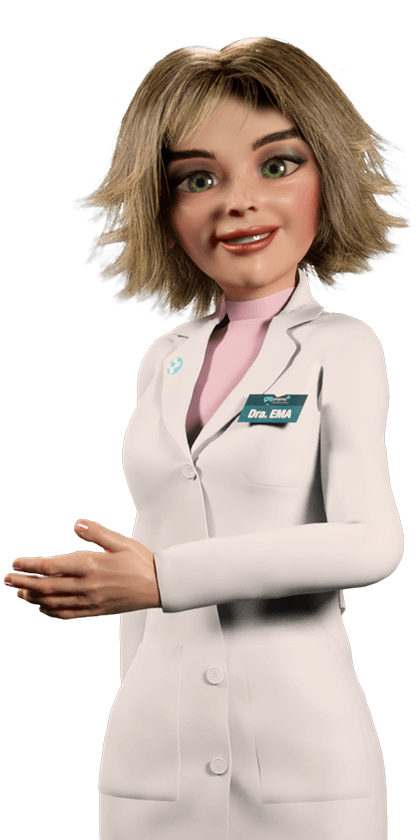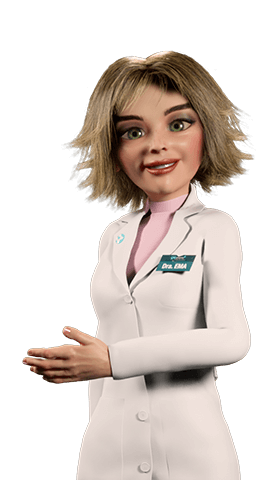Drugs and devices
Medicines and alcohol, is it an urban myth?
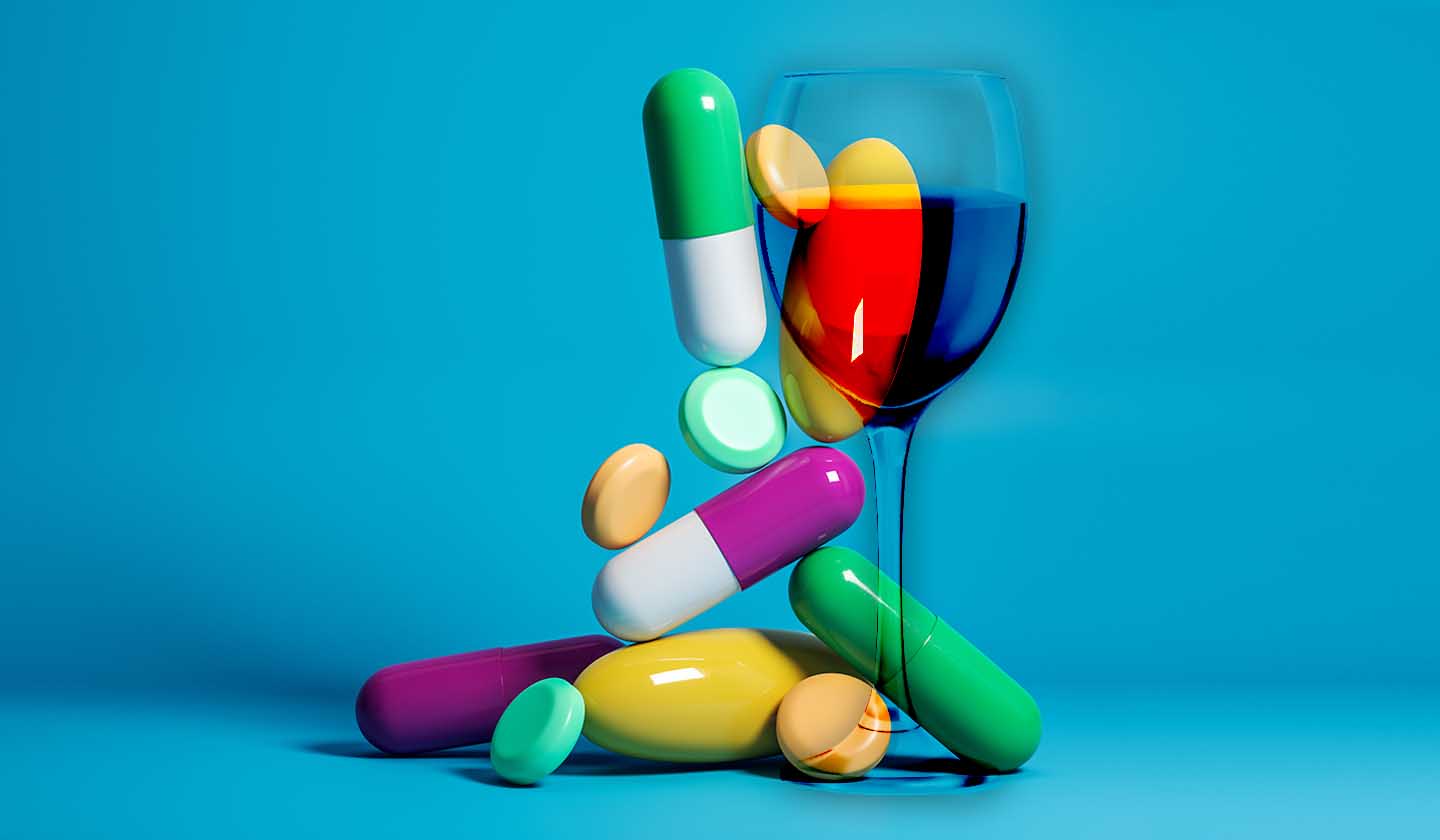
Mixing alcohol and other drugs together can lead to serious health problems.
Drinking alcohol, even in small amounts, can modify the therapeutic effect of medications, increase the formation of side effects, and contribute to the toxicity of the body.
After its intake, alcohol follows the same path as drugs.
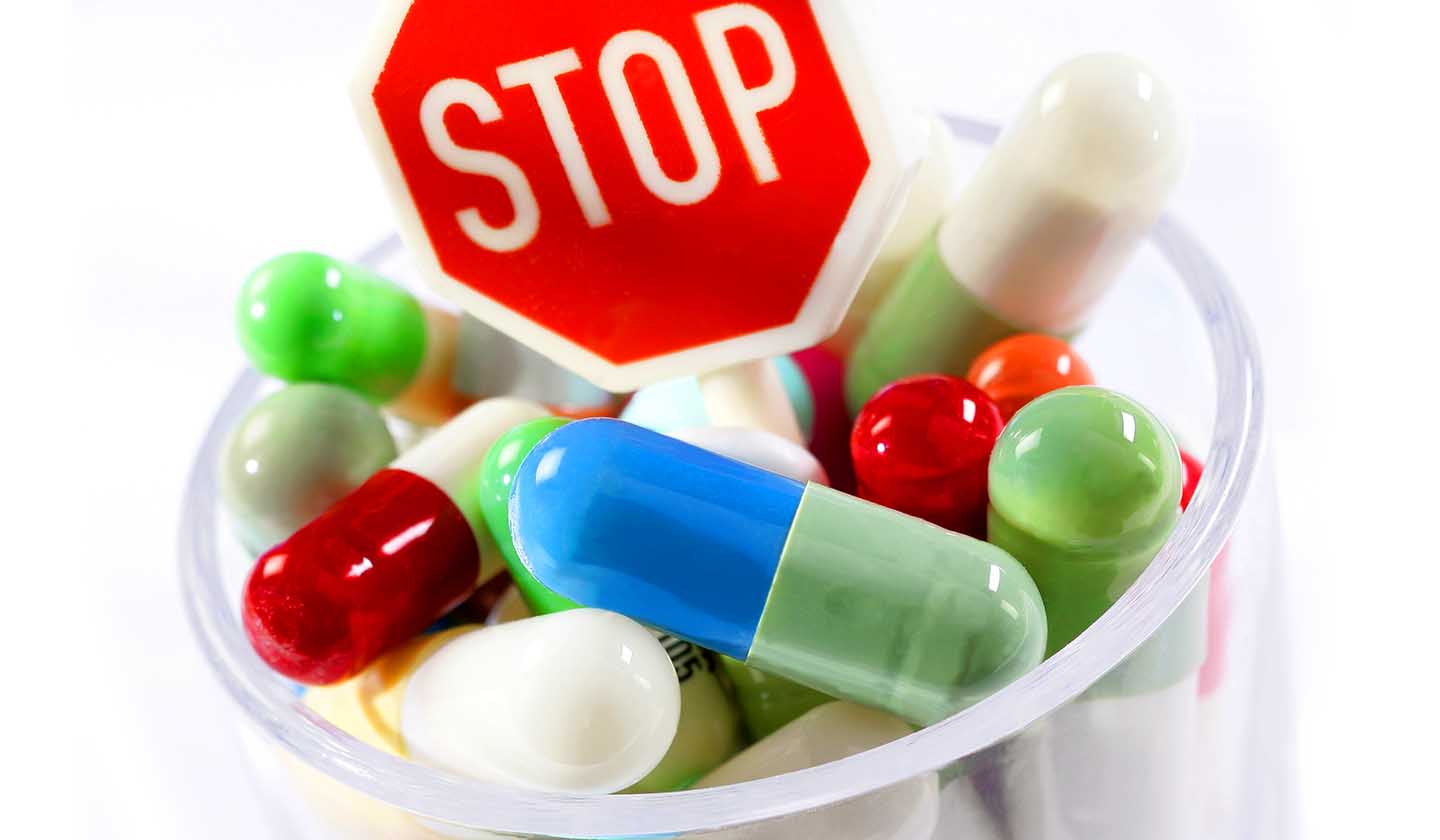
The path drugs and alcohol take through the body
Medicines travel through the blood to the place where they will act, giving rise to the desired therapeutic effect on a given organ or tissue, until the medication is eliminated from the body;
Alcohol is transported throughout the blood, acts on the nervous system before being metabolized by the body's enzymes and eliminated through the liver.
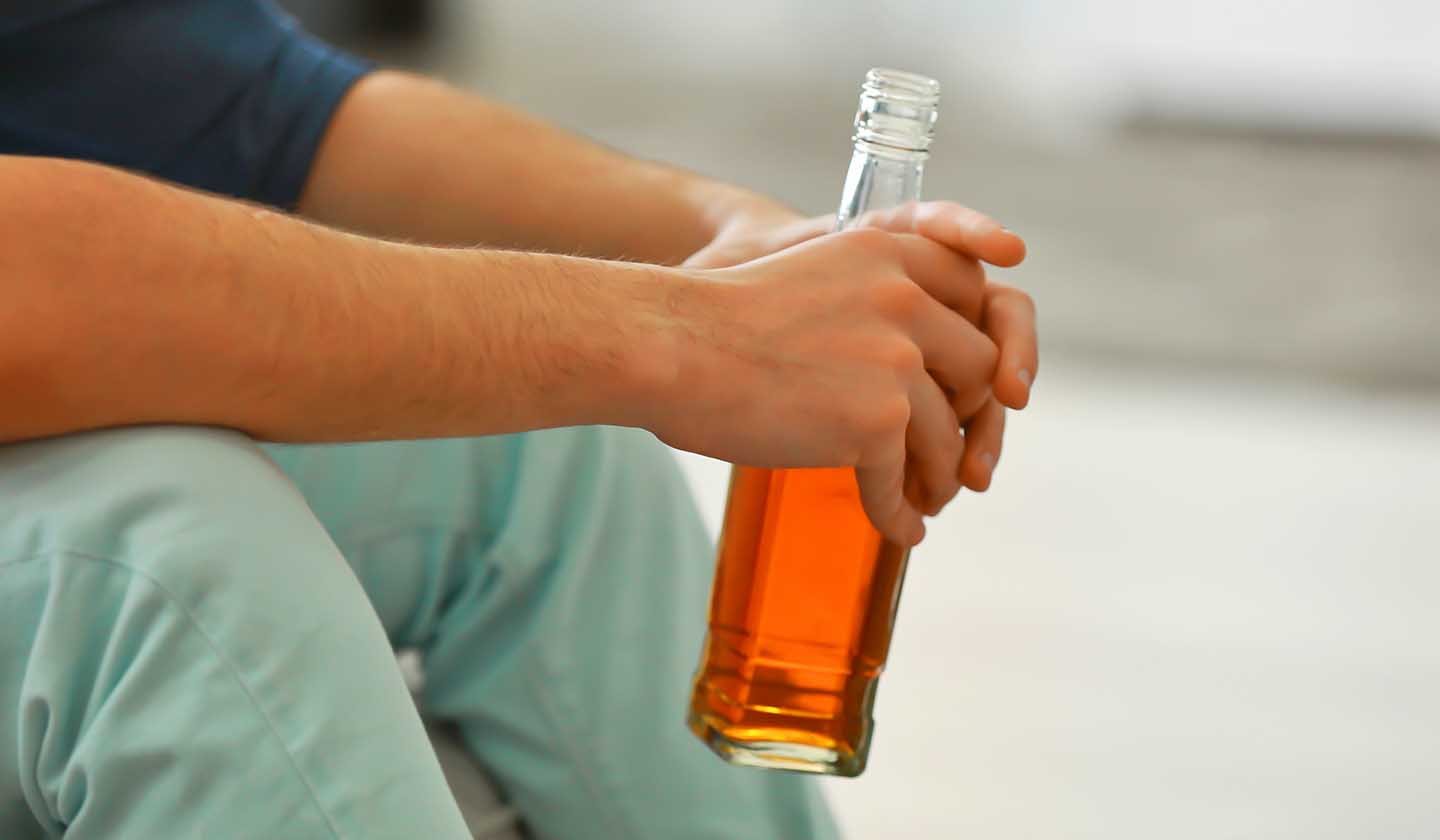
Drug and alcohol interactions
Alcohol connects to the same enzymes as drugs inhibiting the drug's metabolism and thus, the active substance in the drug stays in the body longer, increasing the possibility of side effects.
Alcohol can stimulate the drug's metabolism, reducing its permanence in the body and its therapeutic effect. In situations of chronic alcohol consumption, enzymes remain active even when not drinking, continuing to affect the metabolism of medicines.
Chronic alcohol consumption changes drug transformation, resulting in toxic products that damage the liver and other organs.
Alcohol can also increase the effect of some drugs that act on the nervous system.
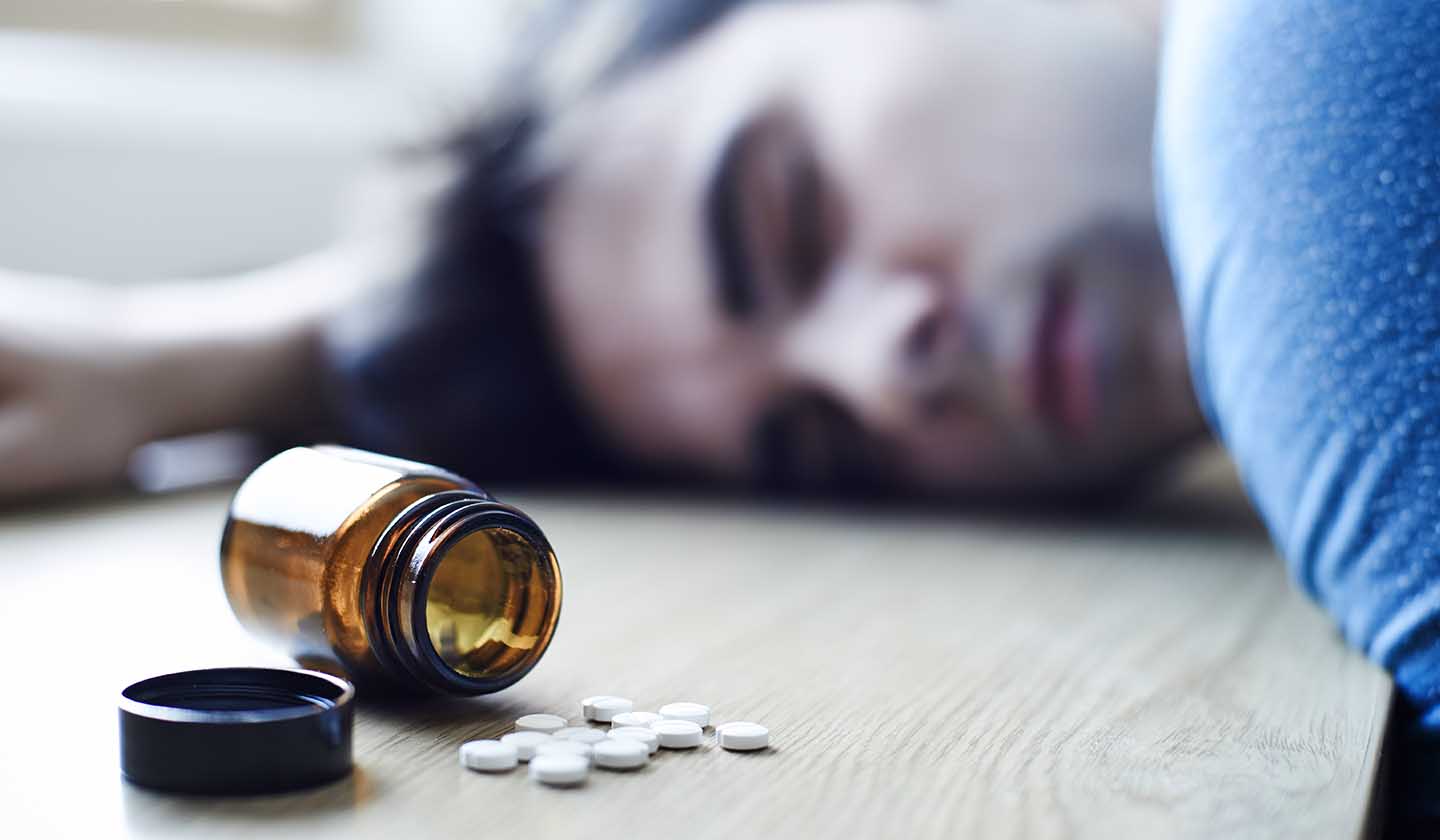
Examples of dangerous interactions:
- Alcohol + paracetamol - risk of medicated hepatitis
- Alcohol + acetylsalicylic acid - increased risk of gastric bleeding
- Alcohol + antibiotics - vomiting, palpitations, headache, hypotension, difficulty breathing, liver toxicity
- Alcohol + anti-inflammatories - gastric ulcer risk
- Alcohol + antidepressants (fluoxetine) - increased sedative effect and decreased drug efficacy
- Alcohol + anxiolytics (benzodiazepines) - increases the sedative effect, the likelihood of coma and respiratory failure
- Alcohol + appetite suppressants - dizziness, dizziness, mental confusion, weakness, syncope
- Alcohol + antiseizure drugs - risk of intoxication and decreased effectiveness against epilepsy attacks
- Alcohol + antidiabetics (insulin, metformin) - acute hypotension
- Alcohol + antihypertensives (captopril) - arrhythmias and fainting
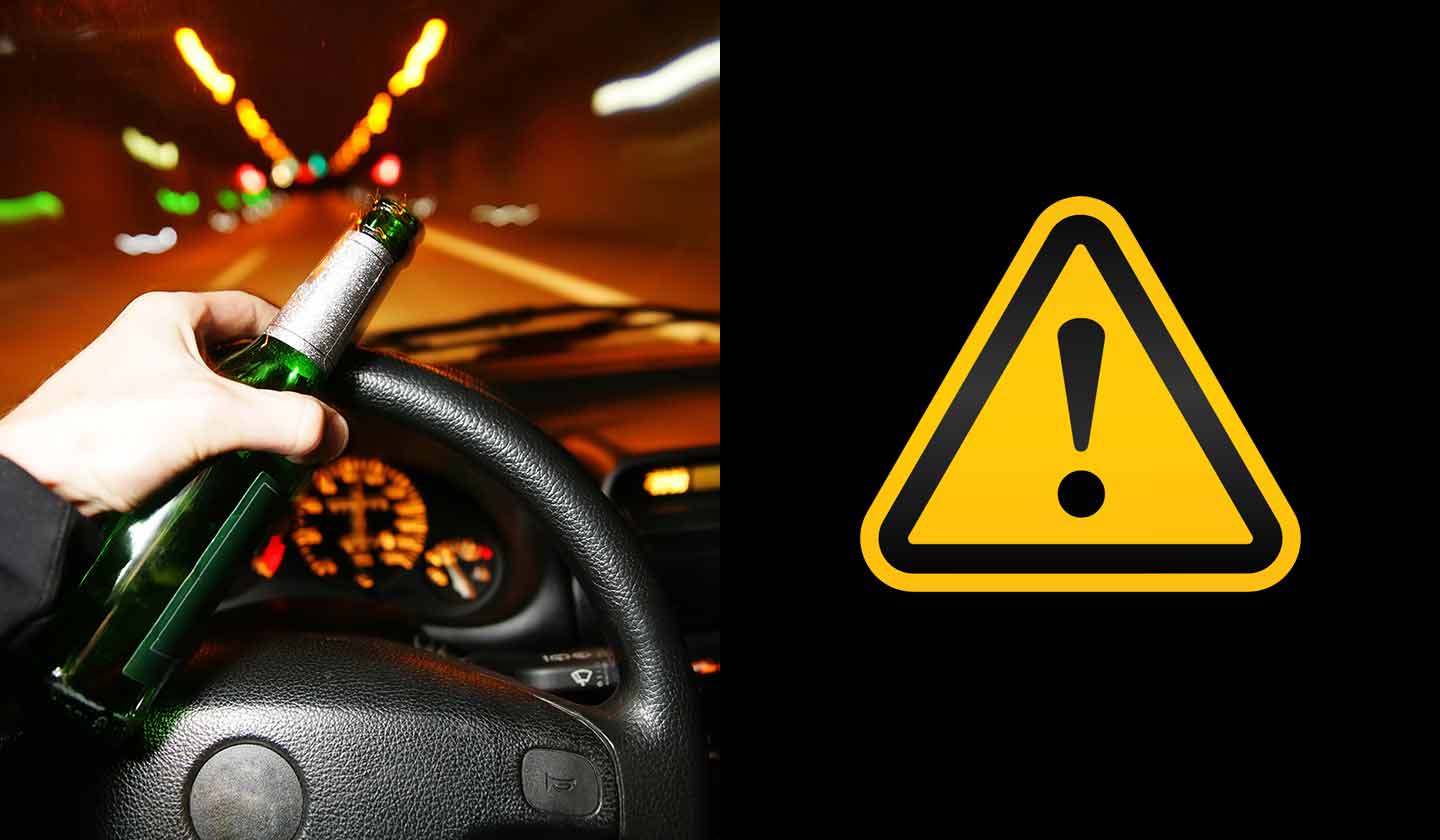
Driving
Mixing alcohol and medication decreases the perception, concentration, and ability to react when driving.
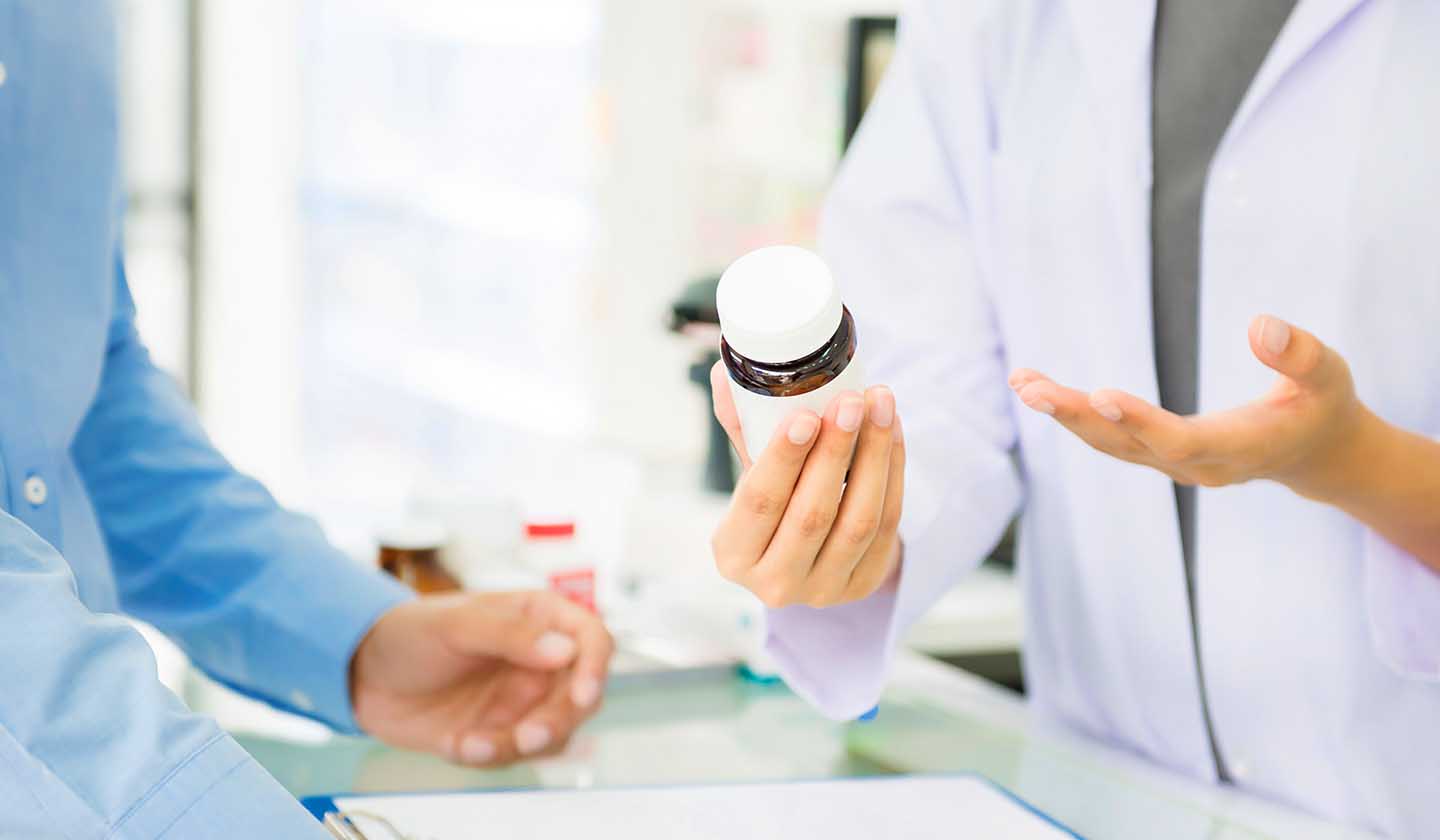
Advices
The risk of interaction exists both in case of prescription drugs and over-the-counter drugs. It is present in both acute intake (occasional consumption of alcohol) and chronic alcohol intake (daily consumption of alcohol).
After a medical appointment, ask your doctor about the risk of mixing alcohol and prescription drugs.
At your local pharmacy, find out what are the side effects of the drugs you just bought, and to what extent alcohol may interact with such drugs.
Sources
iSaúde
Farmácia Distribuição Magazine
Também lhe poderá interessar
Medicines and Devices
Antibiotic and Doctor an inseparable combination
Drugs and Devices
